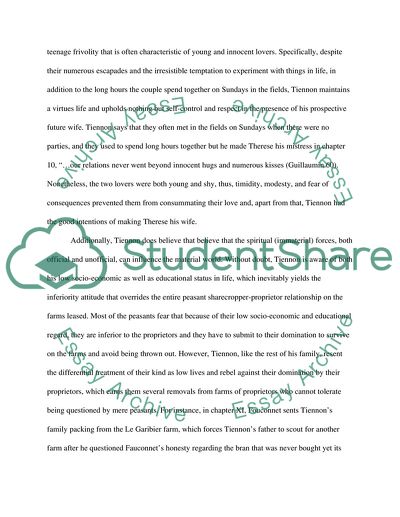Cite this document
(“Emile Guillaumins the Life of a Simple Man Book Report/Review”, n.d.)
Emile Guillaumins the Life of a Simple Man Book Report/Review. Retrieved from https://studentshare.org/history/1632914-file
Emile Guillaumins the Life of a Simple Man Book Report/Review. Retrieved from https://studentshare.org/history/1632914-file
(Emile Guillaumins the Life of a Simple Man Book Report/Review)
Emile Guillaumins the Life of a Simple Man Book Report/Review. https://studentshare.org/history/1632914-file.
Emile Guillaumins the Life of a Simple Man Book Report/Review. https://studentshare.org/history/1632914-file.
“Emile Guillaumins the Life of a Simple Man Book Report/Review”, n.d. https://studentshare.org/history/1632914-file.


